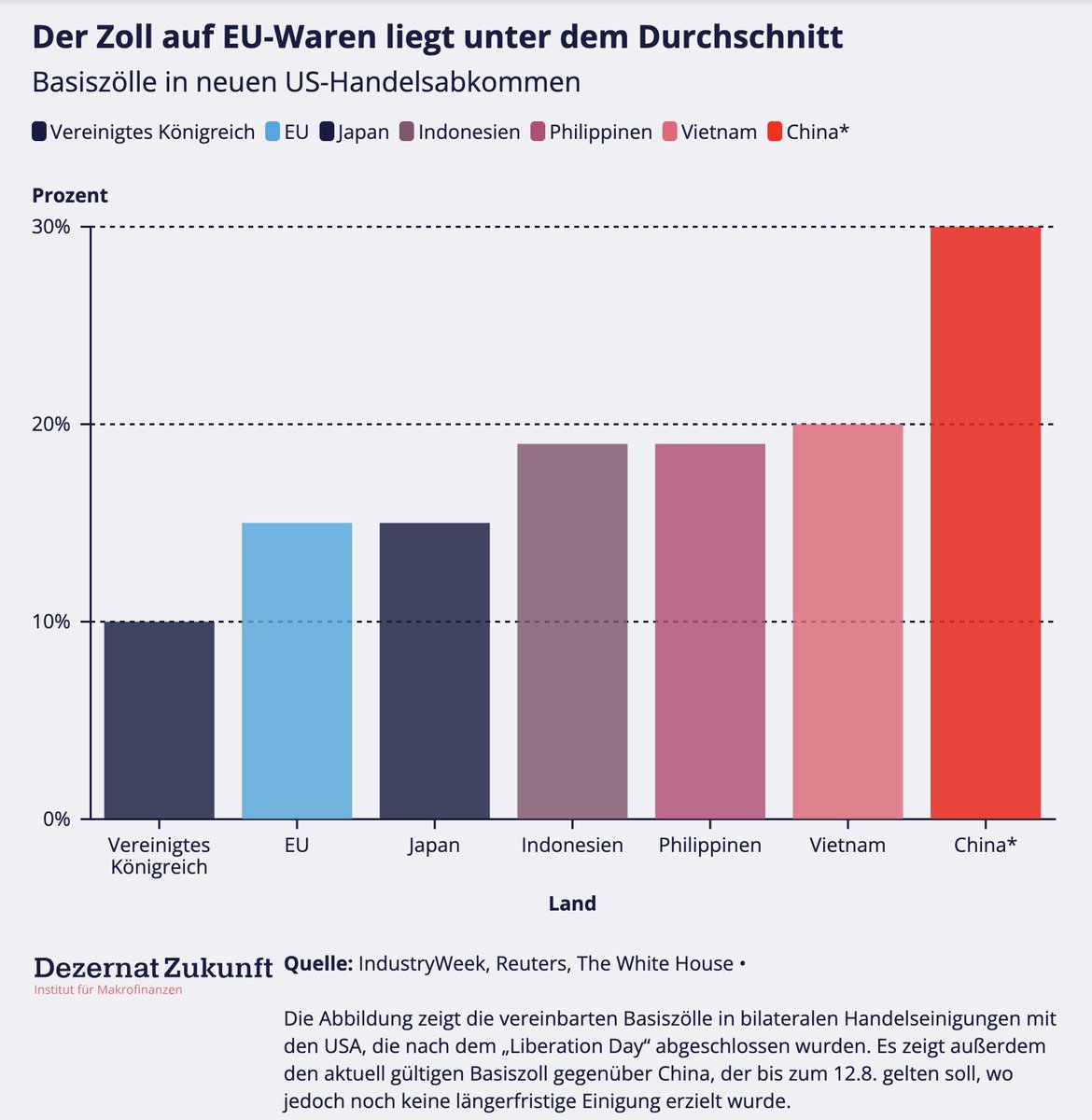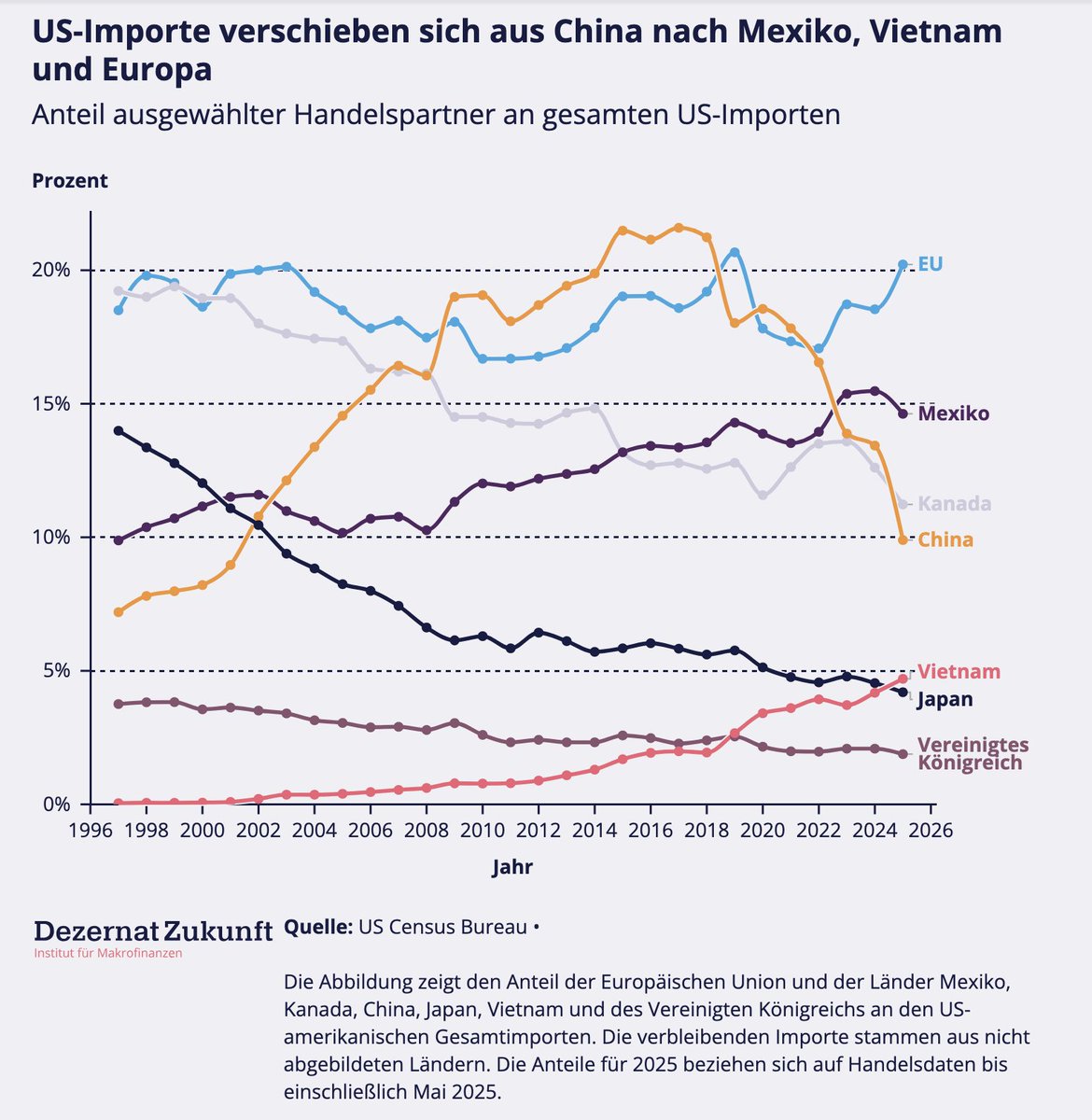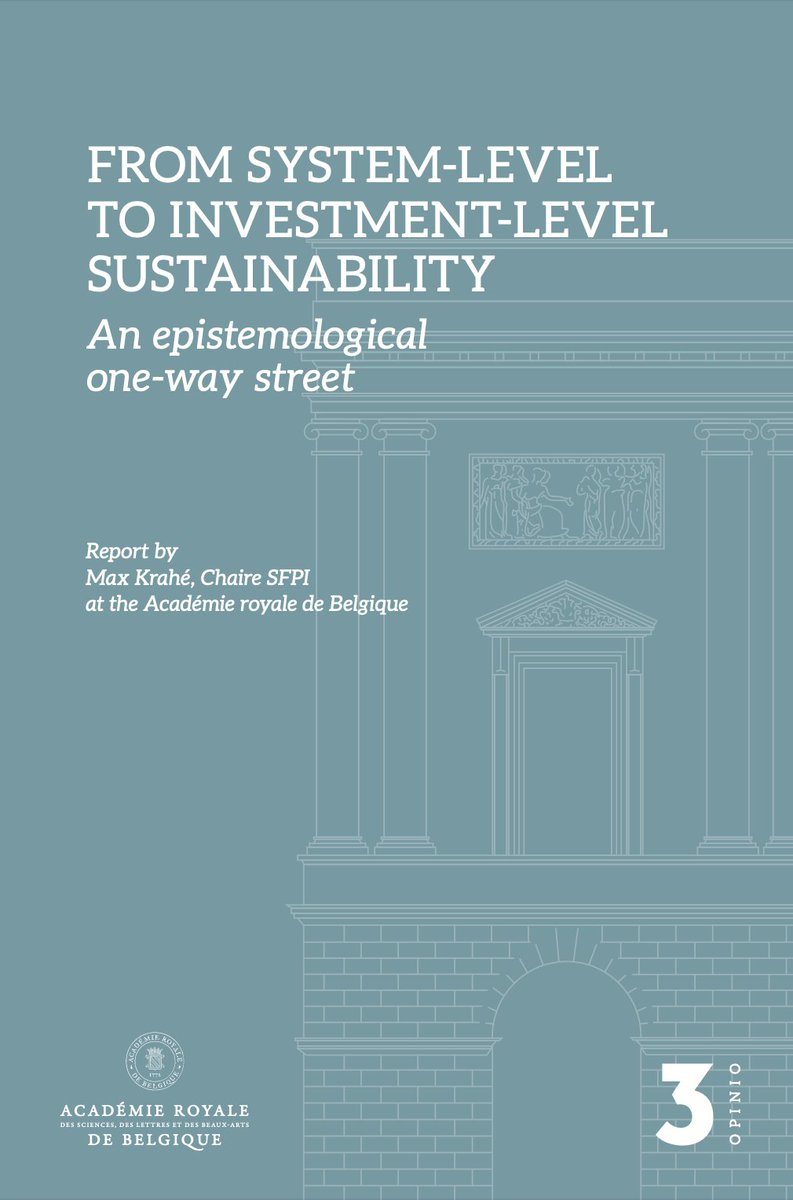How to get URL link on X (Twitter) App






 First, what's the problem? From 🇩🇪 & 🇪🇺 perspective, debt often foregrounded. Fear of default, too big to fail etc. etc.
First, what's the problem? From 🇩🇪 & 🇪🇺 perspective, debt often foregrounded. Fear of default, too big to fail etc. etc.

 The paper's Q: how have key figures in the history of thought understood the relationship between democracy & capitalism?
The paper's Q: how have key figures in the history of thought understood the relationship between democracy & capitalism? 

 What’s the puzzle? In 1970s, the West struggled mightily with deindustrialisation. Inflation, strikes, terrorism, instability. Strong trade unions put up fierce resistance. The East looked coercive but stable, industrialised but w/ weaker productivity (2/n).
What’s the puzzle? In 1970s, the West struggled mightily with deindustrialisation. Inflation, strikes, terrorism, instability. Strong trade unions put up fierce resistance. The East looked coercive but stable, industrialised but w/ weaker productivity (2/n). 









https://twitter.com/FlorianMKern/status/1432341696327700483


https://twitter.com/Zeitschrift_WD/status/1428648520353988608@fl_schuster @PhilippaSigl @Zeitschrift_WD Was ist die Konjunkturkomponente (KK)? Sie ist das Element der Schuldenbremse, das konjunkturgerechte Fiskalpolitik ermöglichen soll (siehe Abb. 1): im Abschwung größere Defizite, im Aufschwung ausgeglichenere Haushalte. Vier Probleme plagen ihr jetziges Design: (2/n)


 1) the philosopher's stone of sustainable finance is figuring out how to distinguish sustainable from non-sustainable investments. (2/n)
1) the philosopher's stone of sustainable finance is figuring out how to distinguish sustainable from non-sustainable investments. (2/n)

